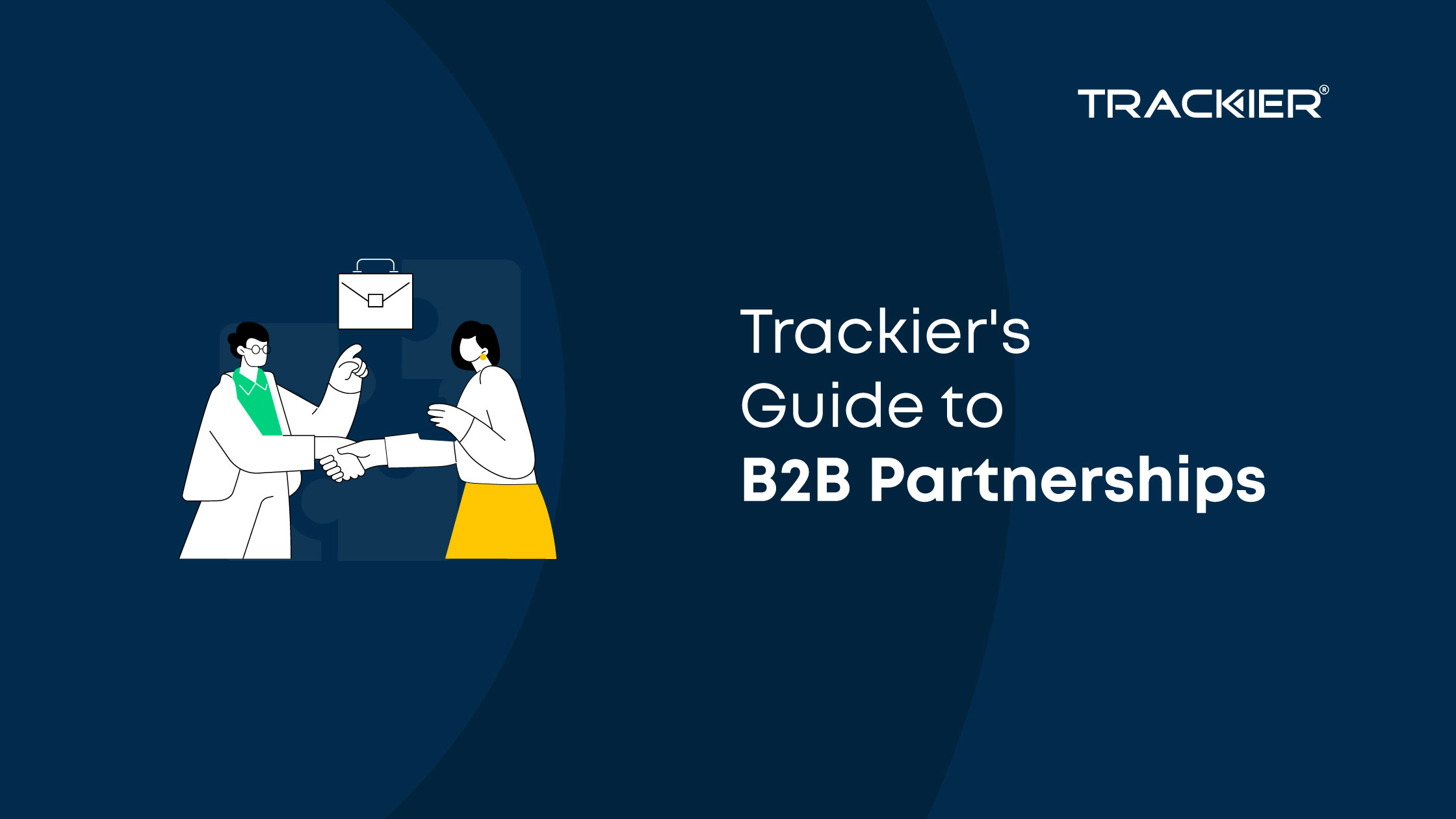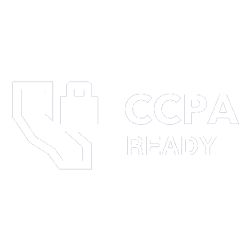Any business that wants to increase sales and attract new clients must have a solid partnership strategy. As a result, it’s crucial to make informed partner decisions. Despite the fact that there are numerous channels for partnerships, our focus today is on the differences between resellers and referral partners.
While onboarding is a never-ending process for any kind of partner, bear in mind that the process will vary depending on which one you choose.
Therefore, it’s crucial to first comprehend the distinction between reseller and referral partners in order to know what’s best for your business. Once you are aware of the distinction, you can work with your stakeholders to develop the brand’s reseller or referral program.
What is a Reseller Partner?
Reseller partners purchase products and services from a business with the intention of reselling them under their own name. Resellers purchases goods in bulk at a discounted price. In order to make a profit, they can then sell the goods or services for more money.
As a result, the brand’s reseller program can generate revenue more quickly because its members use creative marketing techniques and a “nothing to lose” mentality to sell their goods and services more quickly.
Because the reseller is in charge of the entire sales cycle, you won’t have to worry about nurturing leads or closing deals.
Consider the scenario where you want to start your own web hosting business. You’ll spend far more money than you can imagine if you start from scratch. However, you can reduce your expenses by enrolling in a brand’s incorporation reseller program. By enrolling in the program, you can purchase hosts in bulk at a lower cost and resell them under your own name with extra services.
What is a Referral Partner?
Referral partners introduce customers to a company and are compensated with a commission upon their purchase. The commission is frequently paid in the form of one-time cash payment, a recurring payment, a gift card, etc. Your sales team must then close the deal after receiving leads from a referral partner.
An affiliate program for businesses selling to consumers (B2C) can be viewed as a referral partner. This is due to the fact that the customer is an essential member of a referral partnership. To learn more, check out our blog on Affiliate Marketing Programs.
For instance, you want to work as a referral partner for a web hosting business. Once you’ve signed up as a referral partner on the website, you can submit new leads using a lead form, unique links, or special referral codes. You receive compensation for each lead that becomes a customer.
Key Difference between Reseller and Referral Partner
Let us get into some more detail about some of the major distinctions between marketing through resellers and referral partners below.
Link to the Business
Although referral partners and resellers are both valuable, their connections to your company are different. A referral partner can be either a customer or a business owner, whereas a reseller partner is treated as a company owner.
A referral partner doesn’t need capital, but a reseller does in order to purchase goods and services from the company. While a reseller partner needs to use aggressive business and sales strategies, a referral partner only needs to spread positive word of mouth to convince others to purchase goods and services.
Types of Commission
The commission paid to reseller partners is based on the savings they receive from the products they buy. But the commission earned by referral partners, on the other hand, is determined by the proportion of sales generated by the clients they refer.
Contracts
The agreements that the partners have with the company can also be used to distinguish between reseller and referral partners. Reseller partners must buy a predetermined minimum volume of goods or services from the company in order to be profitable. However, in order for referral partners to make money, they must refer brand-new clients who will make purchases.
Resellers vs Referrals: What is better for SaaS?
Partnerships with resellers and referrals have advantages and disadvantages. SaaS companies thinking about launching an affiliate program should be aware of the following:
Reseller partnership Advantages and Disadvantages
| Advantages | Disadvantages |
| Resellers have more influence over the sales pitch and process. | Resellers need more extensive training and onboarding, which takes time and money. |
| Occasionally, resellers close more lucrative transactions or move more goods. | Resellers demand that SaaS brands cede control over their standards and reputation. |
| Resellers have a stronger grasp of the product’s advantages and applications because they have a deep commitment to it. | It is more challenging for SaaS brands to establish relationships with users when resellers act as a middleman between them and the customer. |
Referral partnership Advantages and Disadvantages
| Advantages | Disadvantages |
| Referring parties require less onboarding and training to participate. | Referral partners are more likely to start promoting another SaaS brand if they’re offered a bigger payout. |
| Referral partners don’t have to put in the hard work of closing the deal in order to add value and earn compensation. | Referral partners might provide unqualified leads. |
| Referral partners enable SaaS brands and lead to communicate directly in order to develop their own connections. |
The Takeaway: What partnership type is better for B2B SaaS?
Scaling B2B SaaS brands can benefit from reseller programs. For the business and the affiliate, the initial investment, ongoing training, and lack of control may present challenges.
Referral programs, on the other hand, produce situations where both parties benefit. As stats prove, referral partnerships are 4 times more likely to make a conversion. They enable participation from partners without extensive supervision or training. As a result, there is a bigger pool of willing affiliates, which results in:
- Increasing affiliate participation to reach out to a variety of new leads and prospects.
- To maintain a level of quality by giving the SaaS control over the sales process.
- By enabling direct communication with customers, SaaS establishes a relationship apart from the affiliate.
Regardless of your choice, the choice depends on how your business functions. What we at Trackier offer is the best analytics tool you’ll ever need for your business. Trackier provides industry-leading attribution solutions for Performance Marketing, Mobile Marketing, and iGaming businesses.
To learn more, check out our website and request a demo or get a free trial today!














